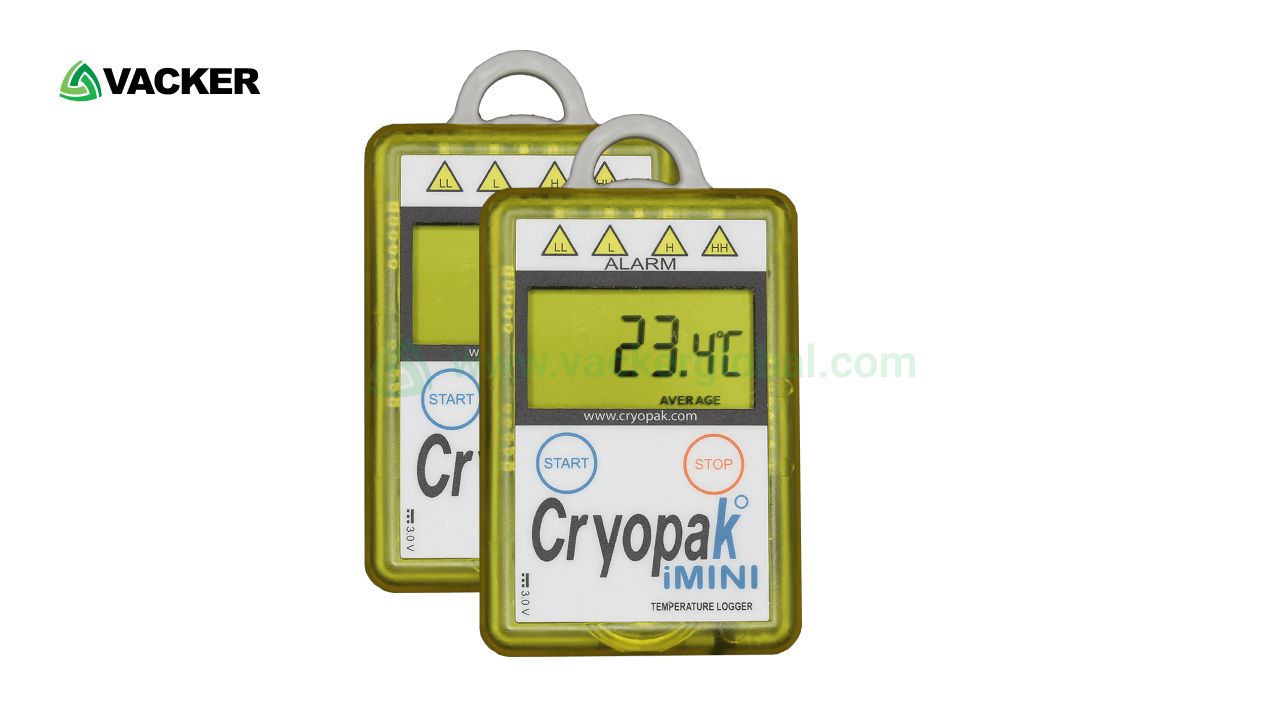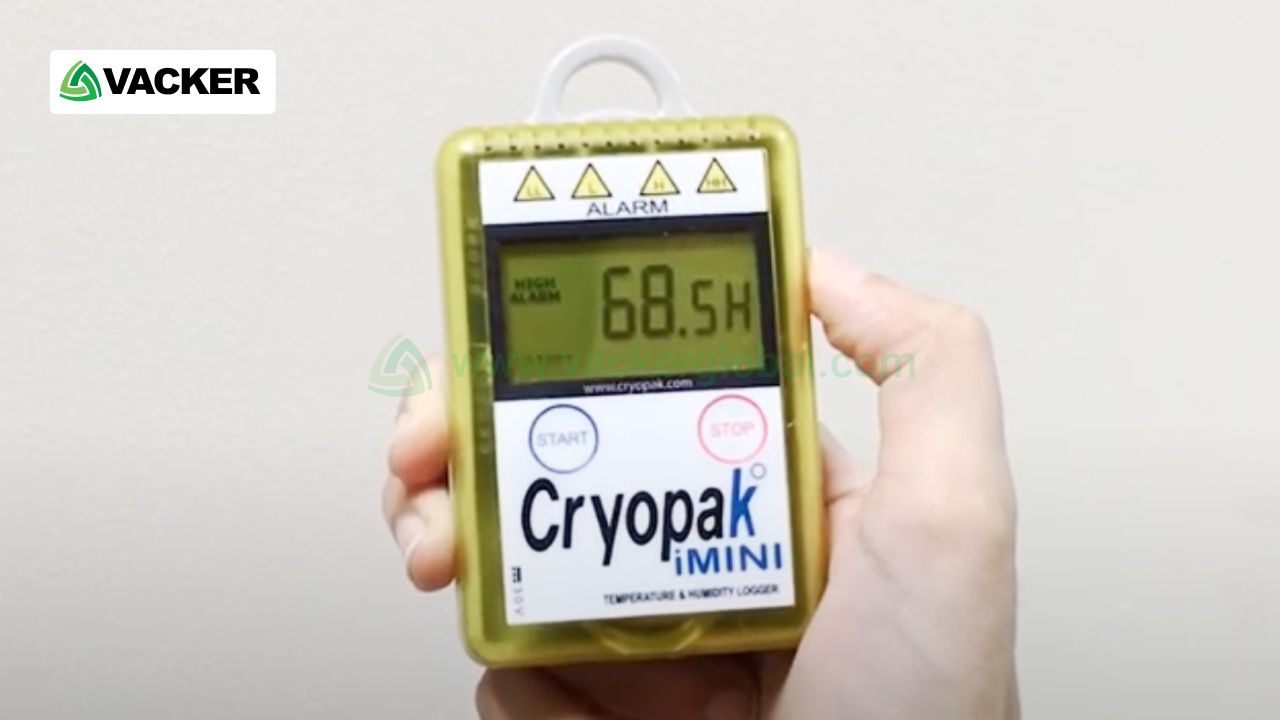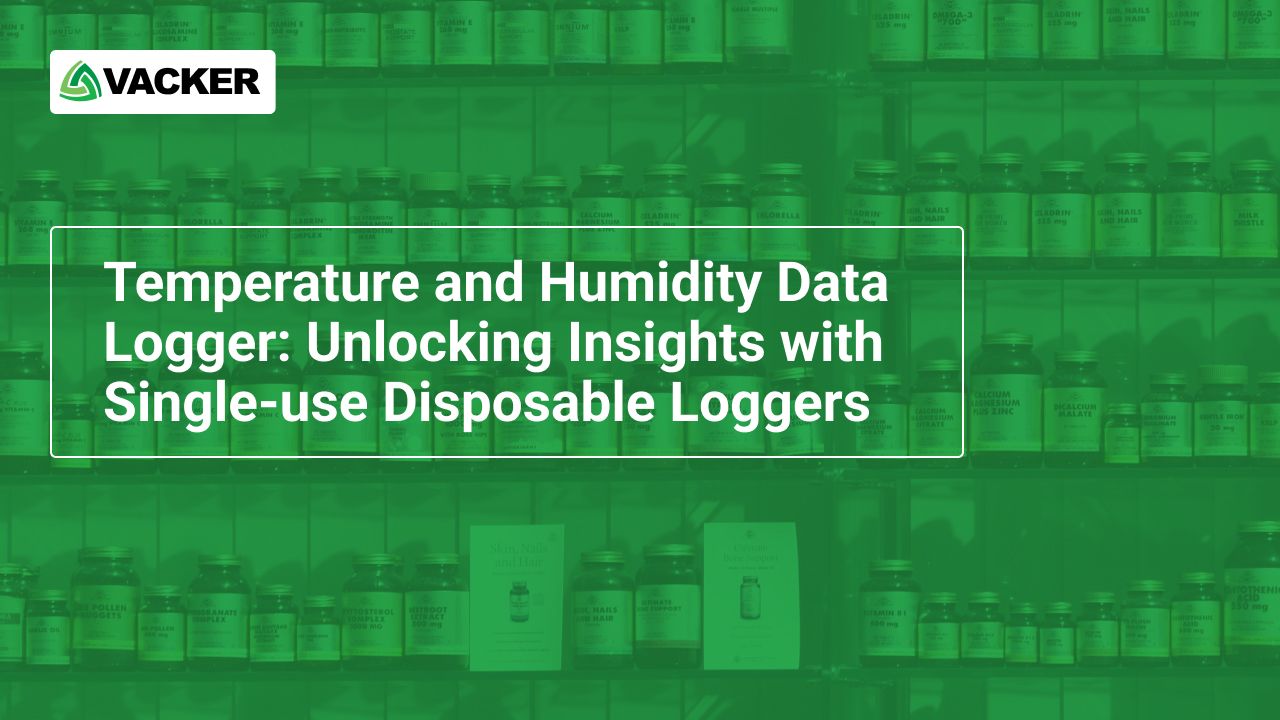Temperature and Humidity Data Logger: Unlocking Insights with Single-use Disposable Loggers
In various industries, monitoring temperature and humidity levels is crucial for ensuring product quality, regulatory compliance, and efficient operations. To accurately record and analyze environmental conditions, temperature, and humidity data loggers have become an indispensable tool. This blog will focus on the significance of data loggers and explore the benefits of single-use disposable temperature and humidity loggers and Disposable Temperature and Humidity Logger.
Understanding Data Loggers
Data loggers are electronic devices designed to measure, record, and store data over time. They are commonly used in environments where monitoring environmental conditions is essential, such as pharmaceutical storage, food production, transportation, and warehousing.

Temperature and humidity data logger are widely used to monitor and maintain specific conditions, ensuring the safety and quality of products.
Importance of Temperature and Humidity Data Logger
1. Quality Assurance
In industries where specific temperature and humidity ranges are critical, data loggers play a vital role in quality assurance. By continuously monitoring these factors, businesses can identify potential issues, such as temperature fluctuations, excessive humidity, or deviations from set parameters, that could compromise product integrity.
2. Regulatory Compliance
Many industries are subject to stringent regulations and guidelines regarding environmental conditions. Data loggers provide accurate, time-stamped records that demonstrate compliance with these regulations. This documentation can be crucial during audits or when addressing customer inquiries regarding product storage and handling.
3. Troubleshooting and Diagnostics
When anomalies occur in production or storage environments, data loggers can provide valuable insights for troubleshooting and diagnostics. Analyzing recorded data can help identify the root causes of issues, improve processes, and prevent future problems.
Single-use Disposable Temperature and Humidity Loggers

Traditional data loggers are often reusable devices that require regular maintenance, calibration, and data retrieval. However, advancements in technology have led to the development of single-use disposable temperature and humidity loggers, which offer unique advantages:
• Cost-effectiveness
Traditional data loggers require an initial investment, calibration, and ongoing maintenance costs. In contrast, single-use disposable loggers eliminate the need for calibration and maintenance, reducing overall expenses. These loggers are typically more affordable, making them ideal for one-time monitoring needs or situations where frequent replacements are required.
• Ease of Use
Disposable loggers are designed to be user-friendly, with simplified setup and activation procedures. They are pre-programmed with specific sampling intervals and recording parameters, ensuring accurate data collection without the need for complex configuration or programming.
• Versatility
Single-use disposable loggers are available in various configurations to meet specific monitoring requirements. They come in different sizes, allowing for placement in confined spaces or packages. Some models are equipped with external probes to measure temperature and humidity in hard-to-reach areas.
• Reduced Contamination Risks
In industries like pharmaceuticals or food production, ensuring sterility and preventing cross-contamination is vital. Single-use disposable loggers mitigate the risks associated with reusing traditional loggers, as they are disposed of after use. This helps maintain hygiene standards and avoids potential contamination concerns.
Single-use data logger offer a cost-effective and user-friendly solution for monitoring environmental conditions. Their compact size, pre-programmed parameters, and ease of use make them suitable for a wide range of applications in industries such as pharmaceuticals, food production, logistics, and research. By leveraging the benefits of single-use disposable loggers, businesses can enhance their monitoring capabilities, streamline operations, and ensure compliance with quality standards and regulations.
Disposable temperature and humidity logger
Disposable temperature and humidity loggers are compact, single-use devices designed to accurately measure and record environmental conditions. These loggers are widely used in various industries where monitoring temperature and humidity is crucial, such as pharmaceuticals, food storage, logistics, and more.
Features of Disposable Temperature and Humidity Logger
1. Compact and Lightweight - Disposable loggers are designed to be small and lightweight, making them easy to place in different locations or within packages. Their compact size allows for versatile usage and placement in confined spaces where larger loggers may not fit.
2. Pre-programmed Parameters - Disposable loggers come pre-programmed with specific sampling intervals and recording parameters. This eliminates the need for complex configuration or programming, making them user-friendly and convenient for immediate use.
3. Temperature and Humidity Sensing - These loggers are equipped with built-in sensors that accurately measure both temperature and humidity levels. The sensors are calibrated to provide precise readings, ensuring the reliability of recorded data.
4. Single-use and Disposable - Unlike traditional data loggers, disposable loggers are intended for one-time use. After deployment and data retrieval, they are disposed of, eliminating the need for calibration, maintenance, or data erasure. This reduces costs and ensures hygienic monitoring, particularly in industries where sterility is critical.
Conclusion
Temperature and humidity data loggers are indispensable tools in many industries, enabling precise monitoring, ensuring compliance, and improving product quality. Single-use disposable loggers offer a cost-effective, user-friendly, and versatile solution, especially for situations where calibration, maintenance, and prolonged use are not necessary. By leveraging the benefits of disposable loggers, businesses can enhance their monitoring capabilities while maintaining efficiency and reducing costs.



